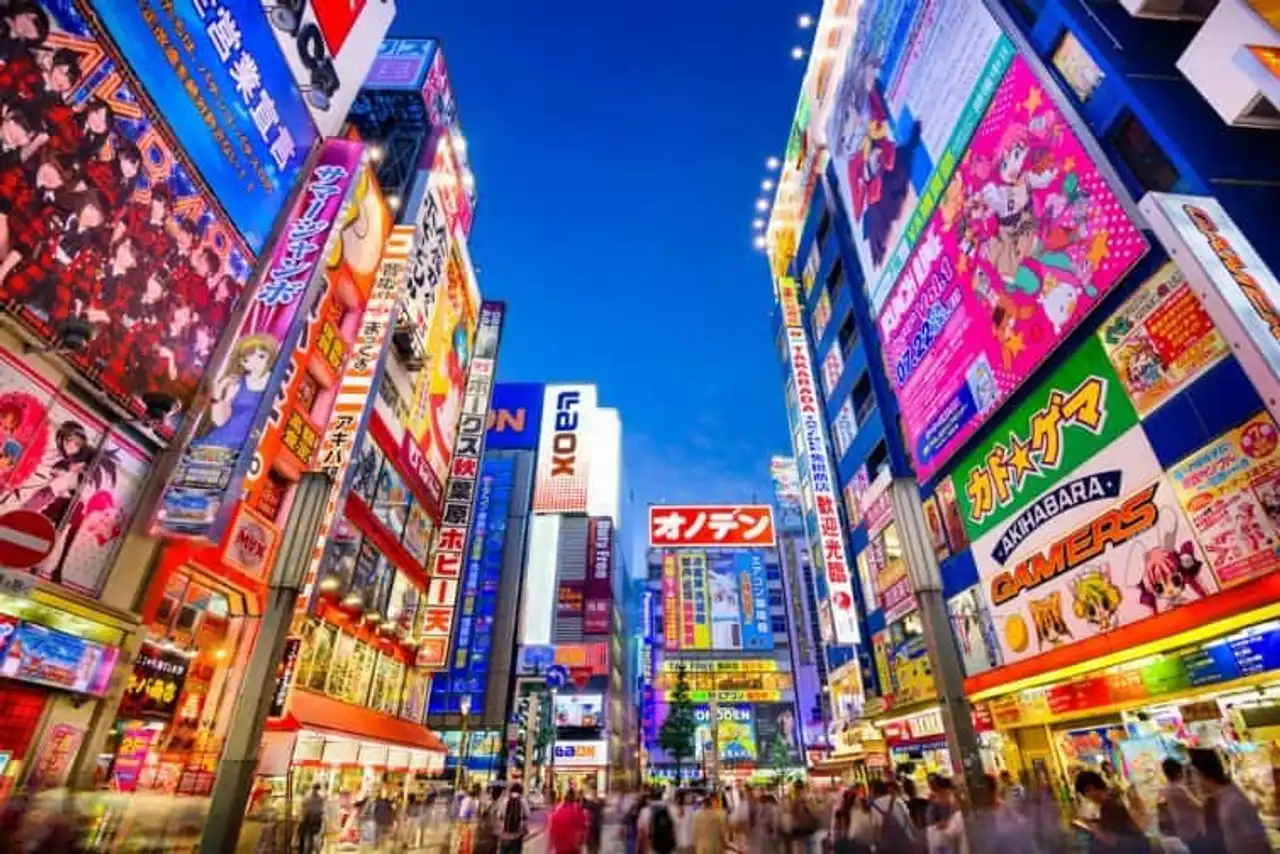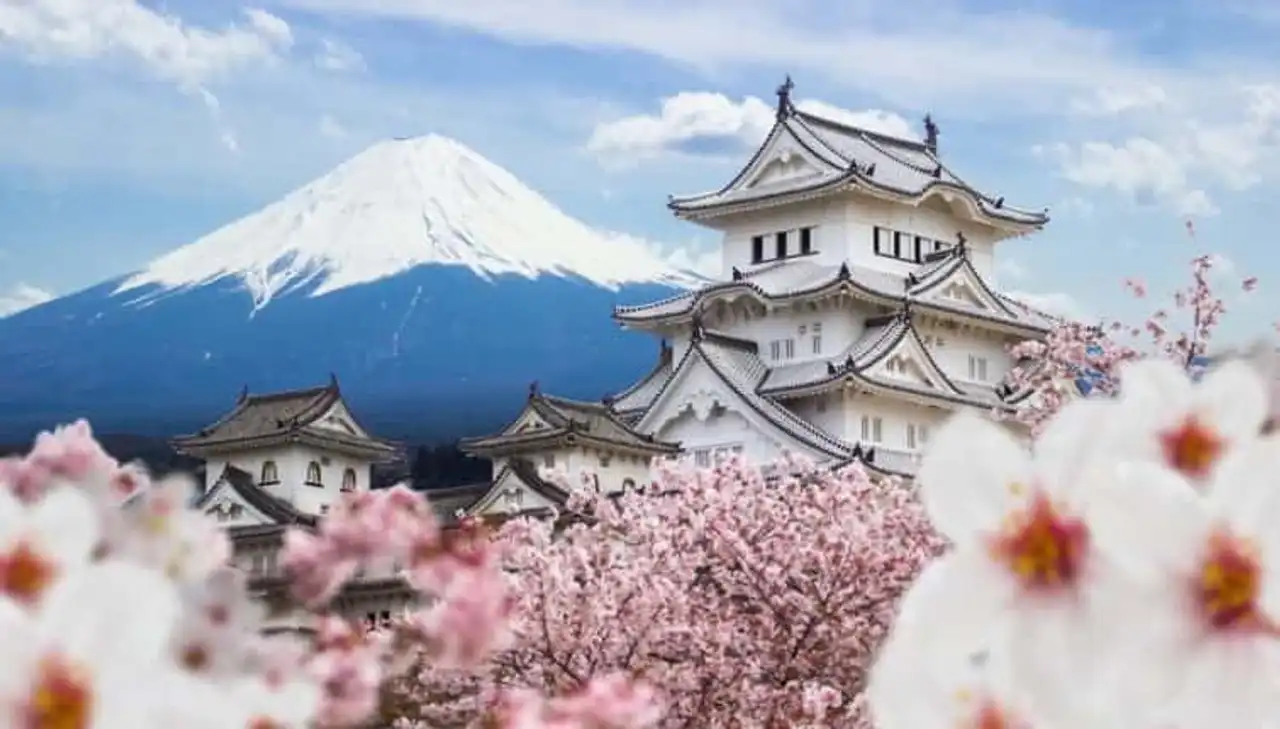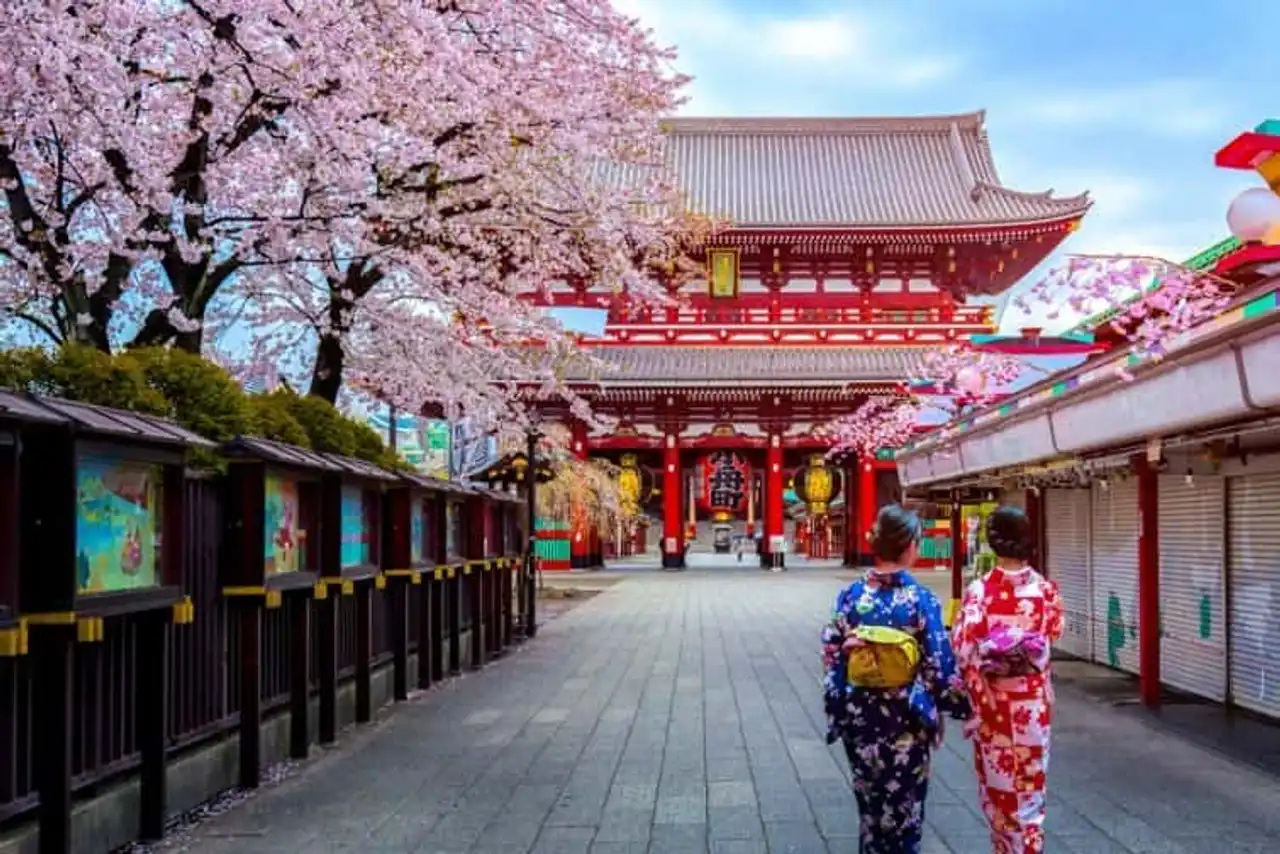Is your departure for Japan approaching? Discover 62 words and expressions in Japanese to avoid misunderstandings and enjoy your stay!
The date is set, you have planned to leave Japan. From gastronomy to landscapes to culture, it is guaranteed. Everything is ready for your departure, but there's still a hic, the language...
If you plan to go to more remote places than the main island (such as Shikoku or Kyūshū), it is useful to know some expressions and politeness formulas to be able to manage you. Japanese especially appreciate tourists who make an effort to speak their language, so you play!
The Japanese beaba
The pronunciation of Japanese may seem intimidating, but not panic! Everything is just a matter of practice, and you will need a little training to feel more comfortable.
The vowels, A I U E O

Photo credit: Shutterstock – ESB Professional
- The A, I and O is pronounced as in French.
- Unlike what is often heard, the U not pronounced OR, but rather halfway between U French and E (as in the pronunciation of "uh"). At the end of certain words as desu, U can thus become completely mute.
- The E se prononce E.
- The line on a vowel (like ō) means that the vowel is doubled, as if it were pronounced twice in a row. “ō“oo“.
The consonant

Photo credit: Shutterstock – TNShutter
- Unlike English or French, consonants never write themselves alone. Each consonne is necessarily associated with one of the five vowels (the Y halfway between the consonne and the vowel), with the exception of N who can be alone.
- The R is pronounced halfway between R Spanish and Spanish L.
- The H is sucked as in English.
- The CH is pronounced as a TCH light.
- The J is pronounced as a DJ light.
- The S is pronounced as a That and Z se prononce Z (We therefore pronounce wassabi and not wazabi as we sometimes hear it).
- A double consonne is slightly accentuated with a very short pause between the two letters (e.g. the two N in konnichi wa).
Basics in Japanese

Photo credit: Shutterstock – William.Vaccaro
[object Promise]
The expressions to guide

Photo credit: Shutterstock – IamDoctorEgg
[object Promise]
Expressions to understand and get understood

Photo credit: Shutterstock – Travel mania
[object Promise]
Useful expressions at restaurant or shops

Photo credit: Shutterstock – Phattana Stock
[object Promise]
Some more tips to help you
One of the golden rules in Japan is respect. So here are some little tricks to go unnoticed and not make you notice in the wrong sense of the term.
- Never eat by walking in the street, even if it is only a small snack. This rule is also valid in the train, with the exception of the Shinkansen, which is the equivalent of the TGV;
- Do not smoke in the street: it is forbidden, except in places clearly designated by panels. On the other hand, smoking is usually not prohibited in restaurants and bars;
- Avoid talking loudly, especially in public transport;
- Do not give tips when you go to the restaurant, it can be considered an insult;
- Attention to the Kabukichō district in Shinjuku which is known to house yakuza and traffic.
How do I progress in Japanese?
If learning a few expressions in the drop-off can be very useful during a trip, it takes a little more to reach the mastery of a foreign language. No panic, learning has nothing to do with your old school memories! Here are some books and applications to launch you into Japanese practice.
- Lingueo : a platform that will allow you to learn step by step with native teachers, to be ready for your departure;
- Duolingo : to discover the different alphabets and basics
- Situational Functional Japanese – Volume 1: Available on Amazon or specialized bookshop like Junku








Loading comments ...